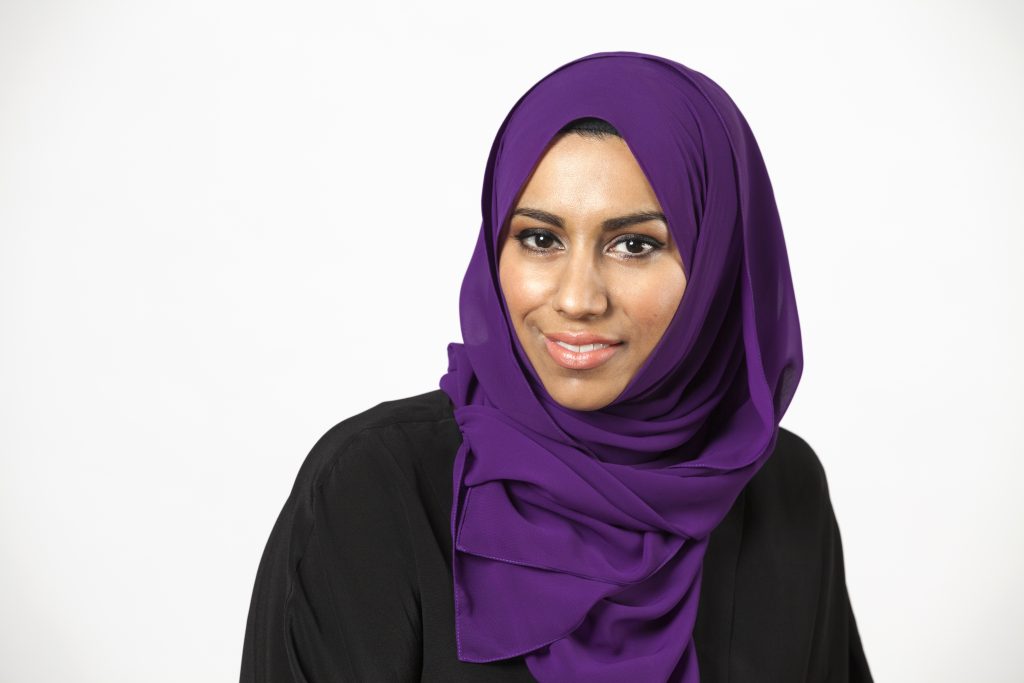The independent McGregor-Smith Review, published earlier this year, looked at issues affecting black and minority ethnic (BME) groups in the workplace, identifying discrimination and bias at every stage. The evidence suggests that BME candidates are being discriminated against during the recruitment process and at interview stage.
The Review prompts us to consider the steps employers can take to ensure a fair recruitment process for all candidates, writes Homa Wilson, senior associate in the employment team at Hodge Jones & Allen.

One of the most important elements of the recruitment process is the interview. It’s the first stage at which the parties get to meet and a useful way for the employer to gauge the candidate’s suitability for the role.
UK law prohibits employers from discriminating against job applicants because of “protected characteristics”, including race, age, disability and sexual orientation. Yet in practice I find that comments are still made in interviews which give rise to claims for discrimination. Employers mistakenly believe that they can defend themselves by saying that no harm was intended. However, the interviewer does not need to have intended to cause offence for a discrimination claim to be made.
It may seem obvious that it’s unacceptable to question an applicant about his sexual preferences, a woman whether she intends to have children or ask an applicant if he is too old for the job. Yet there are some questions that may seem legitimate and even necessary to the interviewer, but can leave employers exposed to legal claims. For example, asking an older candidate how energetic they are. This question could imply that the employer is looking for someone young to fill the role, and perhaps, has made assumptions about an older candidate based on age.
It’s not always obvious to those interviewing what might be considered objectionable. It’s therefore advisable that employers provide clear guidelines to staff about how to conduct interviews – as the employer could be liable for discrimination by their staff.
I would suggest the following guidelines to be applied during the interview process:
The questions should be prepared on the basis of the job description, person specification and application form. This will minimise the risk of interviewers veering off into questionable topics;
A reminder that the purpose of the interview is to gauge the candidate’s ability to do the job and questions about the candidate’s personal life are to be avoided. I have had cases where candidates have been asked if they were married. Such questions can be used as evidence to support claims for sex discrimination;
Avoid language that might suggest assumptions are being made based on a protected characteristic. An example of this could be asking a woman if she would be able to work late – this may suggest to the candidate that the interviewer is trying to determine her childcare responsibilities;
Don’t ask the candidate about their age. If you need to determine whether a minimum age requirement is met, phrase the question in such a way so that it is clear why it’s being asked;
Avoid questions about the candidate’s nationality. Whilst employers have a legal obligation to check that employees are eligible to work in the UK, they need to be careful how they determine this, as such questions may lead to claims for race discrimination;
Avoid questioning the applicant about their health – questions relating to sickness absence in a previous job amount to questions about health. The general rule is that pre-employment health questions are prohibited.
Employers can also minimise risks by:
Ensuring a diverse interview panel. Unconscious bias now seems to be a recognised problem – that is to say that people tend to recruit in their own image. Having a diverse panel may also ensure that the best candidates are appointed and can make it easier for an employer to defend a discrimination claim;
Ensuring staff conducting interviews are trained on diversity issues, including unconscious bias;
Having clear, written job descriptions and person specifications – check that the requirements are necessary for the role and do not indirectly discriminate;
Drawing up a list of questions and ensuring the same questions are put to all candidates;
Keeping interview notes – these notes may be disclosed as part of any legal proceedings, so resist the temptation to make personal or derogatory comments.
Employers must strike a balance between asking probing questions necessary to assess ability and aptitude, whilst avoiding questions that might be deemed discriminatory. Since there is no ceiling on the damages awarded for discrimination, mistakes can prove costly.

